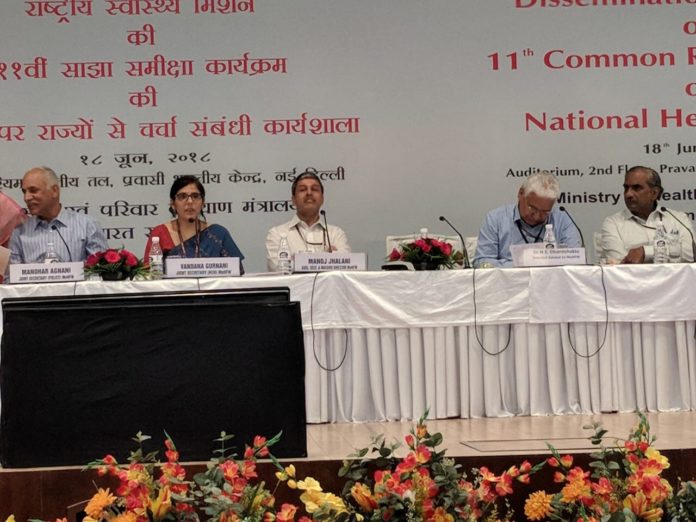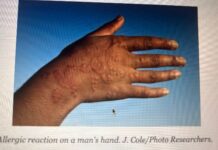
The 11th Common Review Mission report flags that 13 yrs on health spend remains an issue
Thirteen years on, despite the National Health Mission, the out of pocket expenditure remains high in most states. This is according to the 11th report of the Common Review Mission of NHM that was released on Monday.
In some states it was found that even beneficiaries of the Janani Shishu Suraksha Karyakram reported out of pocket expenditure of Rs 5000
“Household out of pocket expenditure remains a major concern. Despite implementation of various schemes such as free drugs and diagnostics in government hospitals, instances of high OOPE were reported in most of the states visited. Patient/beneficiary interactions during state visits show high OOPE on drugs for chronic diseases such as diabetes and hypertension in Assam and Uttar Pradesh; on diagnostics and lab tests in Telangana and Nagaland and informal payments to hospital staff for patient care and transportation in Uttar Pradesh,” the report noted. In other words bribes are a part of the hospital experience in Uttar Pradesh. In some states it was found that even beneficiaries of the Janani Shishu Suraksha Karyakram (JSSK) reported out of pocket expenditure of Rs 5000. JSSK is supposed to take care of the vaccinations and ante and pre natal checkups and even includes a portion for transportation expenses.
The CRM is a system of external audit or NHM that has been a part of the programme ever since its launch in 2005-06. The present report also flags the lack of cervical cancer screening despite a national programme for control of non communicable diseases and the high number of vacancies at every level of health centre.
The mission found shortage of tuberculosis drugs in Telangana and Andhra Pradesh.

In her address, health secretary Preeti Sudan spoke about the need for NHM to focus on anti microbial resistance. “The observations on diseases targeted for elimination, like leprosy and Kala Azar would need to be more comprehensive,” she said.













